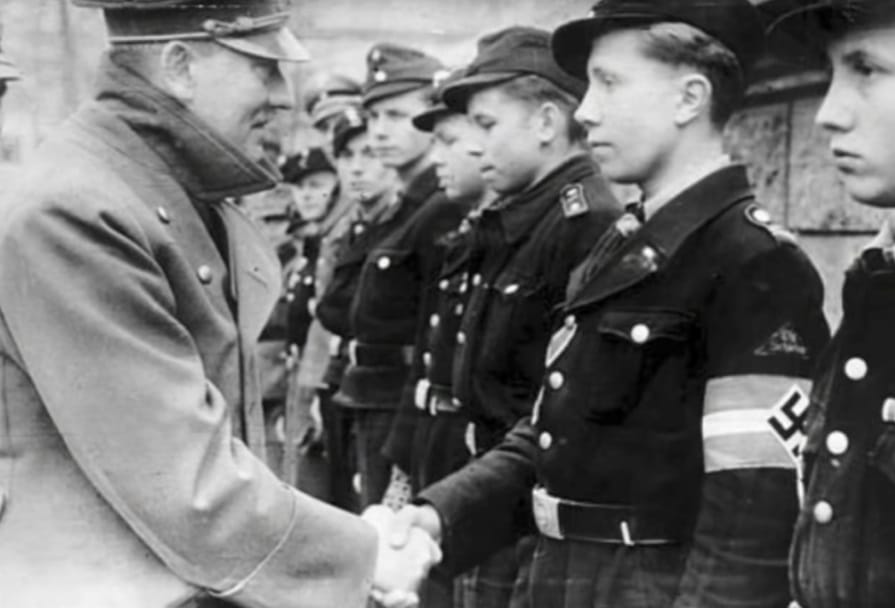

April 30, 1945, marked the end of Adolf Hitler’s devastating reign over Nazi Germany. On this day, eighty years ago, Hitler’s life came to a dramatic and definitive end, casting a profound shadow over the closing chapters of World War II and shaping the course of history in ways that continue to resonate today.
Adolf Hitler, born in Austria in 1889, rose to power in Germany during the turbulent interwar period. His virulent nationalism, coupled with a fervent belief in Aryan racial superiority, fueled the Nazi regime’s ascent to totalitarian control over Germany by the early 1930s. Hitler’s leadership was characterized by aggressive expansionism, militarization, and the systematic persecution and genocide of millions deemed undesirable by Nazi ideology, most notably Jews, Romani people, disabled individuals, and political dissidents.
By 1945, Allied forces, led by the United States, the Soviet Union, the United Kingdom, and other nations, had closed in on Berlin, the heart of Hitler’s crumbling empire. The once-mighty Third Reich was in its death throes, ravaged by years of war, internal dissent, and mounting international pressure. As Soviet troops encircled Berlin, Hitler retreated into his underground bunker, a symbol of his final stand against the advancing Allies.
Related: Are There CIA Documents Proving Hitler Escaped to Argentina?

In the early hours of April 30th, as the Battle of Berlin raged above, Hitler, realizing the inevitable defeat of his forces, made a fateful decision. With his new wife, Eva Braun, by his side, Hitler took his own life. He consumed a cyanide capsule while simultaneously shooting himself in the head—a desperate act to evade capture and avoid facing justice for his crimes.
The death of Adolf Hitler marked the symbolic end of the Nazi regime. His demise, however, did not immediately bring an end to the war. It took another week of intense fighting before Germany officially surrendered on May 7, 1945, marking Victory in Europe (VE) Day and the cessation of hostilities in Europe.
Hitler’s legacy continues to provoke scholarly debate and reflection. His ideology, which led to unprecedented destruction and human suffering, serves as a stark reminder of the dangers of unchecked totalitarianism and extremist nationalism. The Holocaust, the systematic extermination of six million Jews and millions of others, stands as a testament to the depths of human depravity and the enduring imperative to combat prejudice, discrimination, and hatred in all its forms.
Eighty years after Hitler’s death, the world reflects on the lessons learned from this dark chapter in history. The rise and fall of Adolf Hitler serve as a stark warning about the consequences of unchecked power, intolerance, and the dangers of cults of personality.
Related: Is this Hitler’s Last Photograph?
